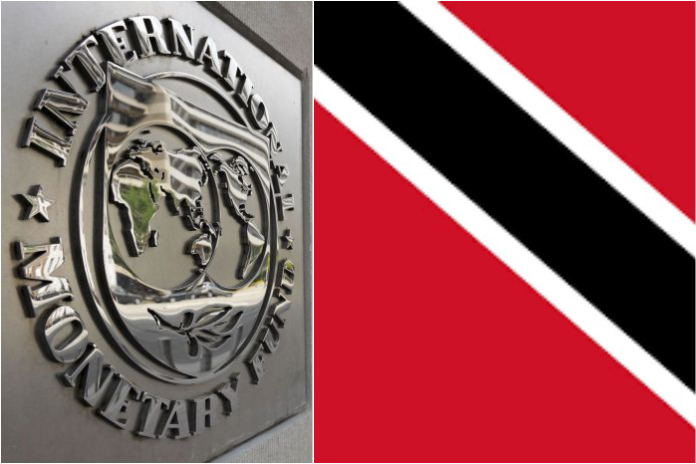WASHINGTON, USA – The executive board of the International Monetary Fund (IMF) concluded the Financial System Stability Assessment (FSAP) with Trinidad and Tobago on August 31, 2020, without a meeting.
This report is based on the work of joint IMF/World Bank Financial Sector Assessment Program (FSAP) missions to Trinidad and Tobago during November 2019 and January–February 2020. The FSSA report was completed on July 31, 2020.
The FSSA reflects FSAP work conducted mostly prior to the onset of the COVID-19 crisis. The FSSA focuses on Trinidad and Tobago’s medium-term financial stability challenges and policy priorities. Given the FSAP’s focus on tail risks and strengthening policy and institutional frameworks, including contingency planning and crisis management, the FSAP’s findings and recommendations remain pertinent.
According to the FSSA the banking system was well capitalized and liquid but exposed to sovereign risk and potential liquidity risks stemming from non-bank financial entities in the group on the eve of the COVID-19 crisis. Illustrative stress tests were run subsequent to the FSAP missions to quantify the possible impact on bank solvency in adverse COVID-19 economic scenarios.
Given the unprecedented nature of the ongoing pandemic, these scenarios are associated with significant uncertainty. The results suggest that under further strong deterioration of macrofinancial conditions some banks could breach their minimum capital requirements in 2022. Banks could also face liquidity pressures in the event of a run on investment funds issued in their groups. Financial vulnerabilities include rising household debt, sovereign exposures, potential spillovers from natural disasters (including climate-related) or sovereign shocks in the region, and contagion risks between investment funds and banks.
While recognizing the progress made by the authorities, including to significantly enhance the anti-money laundering/ combating the financing of terrorism (AML/CFT) framework, the FSSA recommended they accelerate efforts to strengthen the regulatory framework for this regionally important financial system.
Measures should include strengthening the independence, governance, and resources of financial supervisors; implementing the new banking regulations and modern, risk-based insurance supervision; and introducing system-wide regulation for investment funds while adopting a carefully sequenced transition to floating value investments. Macroprudential powers should also be adopted and used to attenuate banks’ sovereign exposures among other risks.
In addition, climate risks warrant a comprehensive environmental risk assessment of the financial sector and the development of a green finance strategy.





